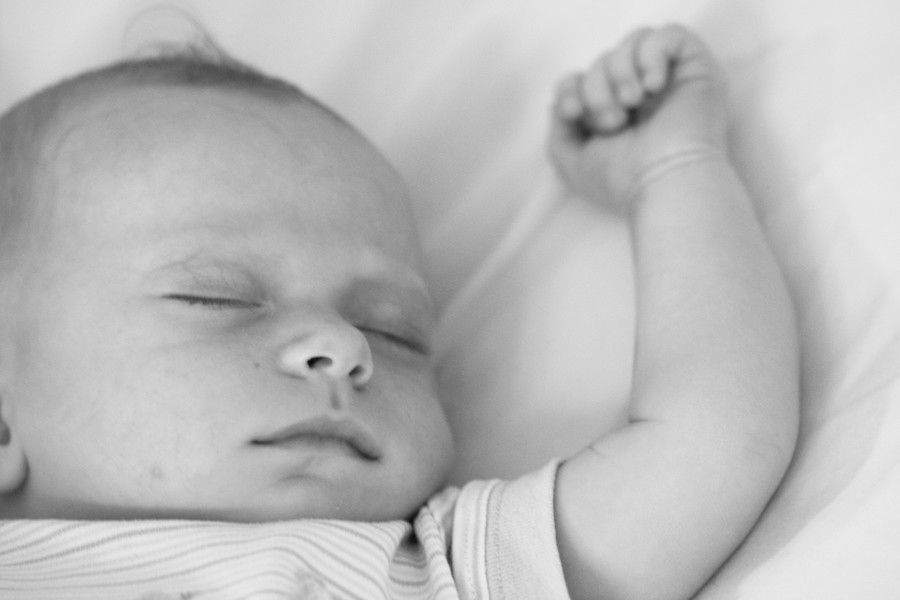Three-parent babies
Great Britain has become the first country to pass a law (by a vote of 382 to 128) allowing babies to have three parents. More specifically, lawmakers are advocating in-vitro fertilization (IVF), the process of combining an egg and sperm in a laboratory dish, using three people’s DNA. Although IVF is effective as a solution for inherited mitochondrial diseases, religious and conservative groups such as the Catholic and Anglican churches point out ethical issues.
It is estimated that one in 6,500 babies in the UK will have a mitochondrial disorder, which can only be acquired from the mother. IVF technology transfers the nuclear genetic materials from the mother’s egg that has problems with the mitochondria and places it into a DNA-removed donor’s egg that has a normal mitochondria. The sperm combines with the donor’s egg, making the baby have “three parents.”
However, this procedure has received ethical challenges. Those who support it insist that the mitochondrial DNA from the donor does not contribute significantly to the baby’s DNA which determines his or her characteristics.
However, Dr. Brendan McCarthy, the Church of England’s national adviser on medical issues, referred to this step as “representing an ethical watershed” and suggested that further studies should be required. “Our view, however, remains that we believe that the law should not be changed until there has been further scientific study and informed debate into the ethics, safety and efficacy of mitochondrial replacement therapy,” he said.
Additionally, bishop John Sherrington also maintained that governments should not impetuously decide to pass IVF as law.
“It seems extraordinary that a licence should be sought for a radical new technique affecting future generations without first conducting a clinical trial. There are also serious ethical objections to this procedure which involves the destruction of human embryos as part of the process,” Sherrington said.
The California-based Center for Genetics and Society added in an open letter to the British Parliament, “The techniques will in fact put women and children at risk for severe complications, divert resources from promising alternatives and treatments, and set a policy precedent that experimentation on future generations is an acceptable biomedical/fertility development.”
On the other hand, Wellcome Trust Centre for Mitochondrial Research, which does research on the IVF technique, points out that this kind of mitochondrial disease cannot be cured and members in many families are affected by the disease. “Nuclear DNA is not altered, and so mitochondrial donation will not affect the child’s appearance, personality or any other features that make a person unique—it will simply allow the mitochondria to function normally and the child to be free of mitochondrial DNA disease. The healthy mitochondria will also be passed on to any children of women born using the technique,” they said.
Professor Doug Turnbull from this research group said his team’s discovery from the research has impacted other countries considering this technique, commenting that “women who carry these mutations will have greater reproductive choice.”
The New England Journal of Medicine claimed that around 2,500 women of childbearing age in the UK have the possibility of transmitting mitochondrial disease to their children, while in the United States more than 12,400 are at risk of transmittance.
Source: cnn.com, nim.nih.gov

Next year, The Talon loses a tremendously important News Reporter, as Matthew Kim is a senior and finishes high school in May. The Talon knows Matthew...










